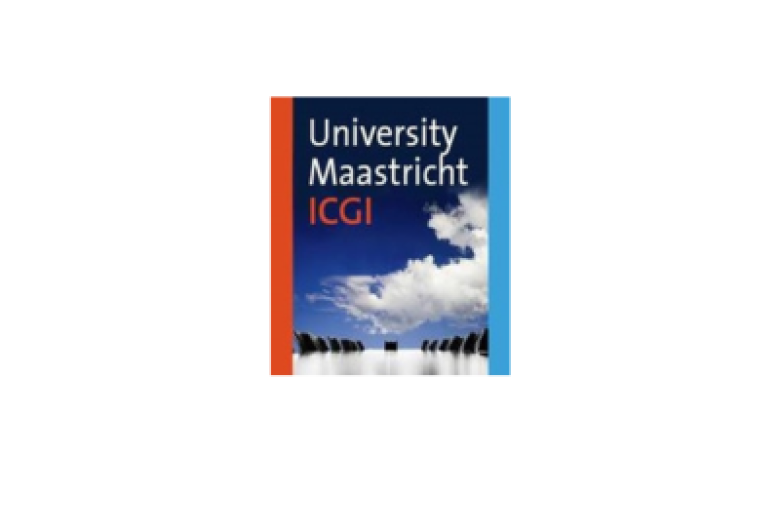An Interim Evaluation of the Law on the Reflection Period
Our ICGI colleagues Mieke Olaerts, Tom Vos, Bastiaan Kemp, Constantijn van Aartsen, and Rob Bauer published a study on the Law on the Reflection Period, commissioned by the WODC.
This research project is an interim evaluation of the Law on the Reflection Period. This allows the management board of Dutch listed companies, with the approval of the supervisory board, to invoke a reflection period of up to 250 days when shareholders put on the agenda the appointment, suspension or dismissal (or an amendment to the articles of association of provisions relating to the appointment, suspension or dismissal) of members of the management or supervisory board, or when a public offer has been announced or made (Art. 2:114b of the Dutch Civil Code). The provision applies to all Dutch companies whose shares are listed at a stock exchange in the Netherlands or at a foreign stock exchange.
According to the explanatory memorandum, the purpose of invoking a reflection period is to enable better decision-making that takes into account the interests of various stakeholders. One of the expectations at the time of drafting was that not only invoking the reflection period will have such an effect, but that the mere possibility of invoking the reflection period may (already) achieve a better result for stakeholders (the so-called preventive effect).
The research project focuses on the following research questions:
- What is the intended purpose of the reflection period, and in what way should that purpose be achieved with which safeguards?
- How often, in what manner and why has the reflection period been applied and has there been concurrence with other defensive measures?
- Does the reflection period have a preventive effect? If so, how; if not, why not?
- To what extent is there a link between the (preventive) effect of the reflection period and the investment and incorporation climate in the Netherlands?
To answer the research questions, the literature was studied, a survey and interviews were conducted, and data were collected on the possible application of the reflection period by Dutch companies (listed domestically and abroad), takeover bids (including non-financial covenants), defensive measures, shareholder activism, new listings of Dutch companies on Euronext markets, cross-border reincorporations, and the reaction of stock markets to the introduction of the reflection period.
Also read
-
New Study Published on Protecting Vulnerable Persons in Migration and Asylum Contexts
Prof. Lilian Tsourdi and Dr. Catherine Warin (University of Lille) co-authored a mapping study on identifying and effectively responding to needs linked with vulnerability in the context of asylum and migration as commissioned by the Council of Europe (Division on Migration and Refugees).
-
Roundtable on Reflection Period
ICGI and the Elverding Chair organise a roundtable on 10 November 2025.
-
Elvira Loibl Appointed Endowed Professor of Recognition, Dialogue, and Recovery After Intercountry Adoption by the University for Humanistic Studies
Effective October 1st, Elvira Loibl has been appointed Endowed Professor of Recognition, Dialogue, and Recovery After Intercountry Adoptions at the University of Humanistic Studies. The chair is established by the INEA Expertise Center for Intercountry Adoption.